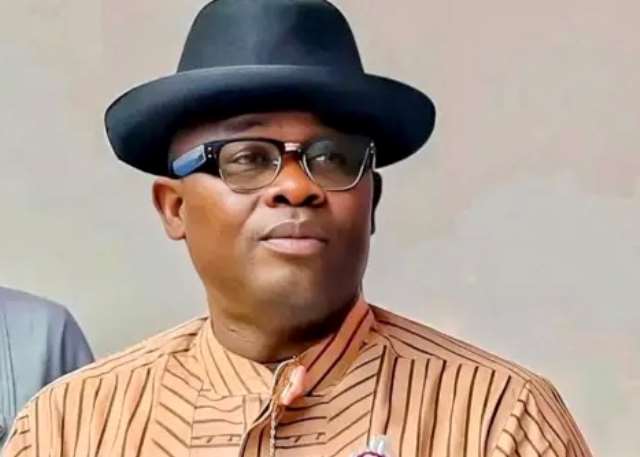Justice John Tsoho, the Chief Judge of the Federal High Court in Rivers State, has directed that the case of the defection of 25 Rivers State lawmakers from the People’s Democratic Party (PDP) to the All Progressives Congress (APC) be transferred to another judge.
Tsoho ordered the reassignment of the cases from Justice Steven Dalyop Pam’s Federal High Court 4 in Port Harcourt to Justice E. O. Obele’s Federal High Court 2, for further hearings and determinations.
The CJ granted the request to transfer the case after Hon. Martins Amaewhule, one of the defendants in the matter, filed a petition seeking to have the cases against him moved to a different court, citing reasons that likely included concerns about bias or conflict of interest in the original court.
The BOOT Party and others, acting as plaintiffs in suit number FHC/PHC/269/2024, initiated one case, while civil society organizations in the state filed another against Amaewhule and others, following the defendants’ defection to the APC.
Persecondnews recalls that on Monday, when the court reconvened for a hearing, it was met with a surprise development: a petition filed by Martins Amaewhule, addressed to Justice Tsoho, requesting that the case be reassigned to a different court.
Pam, the presiding judge, read out the petition in court, highlighting Amaewhule’s request to the Chief Judge of the Federal High Court to intervene and halt the ongoing hearing process.
Upon the petition’s reading, Mr. Reuben Wanogho, counsel for the plaintiff, BOOT Party, alerted the court that the petition’s intent was to disrupt the ongoing proceedings and requested that the court disregard it and continue with the case.
However, Mr. Ferdinand Orbi, counsel for the 1st to 25th defendants, feigned ignorance of the petition allegedly filed by his client and requested that the court honor the petition, if indeed it was addressed to the Chief Judge.
Justice Pam observed that Amaewhule, the petitioner, had not filed a corresponding motion or counter affidavit in support of his petition and, furthermore, had not yet been formally recognized as a party in the case, thus casting doubt on the legitimacy of his request.
























Leave a comment